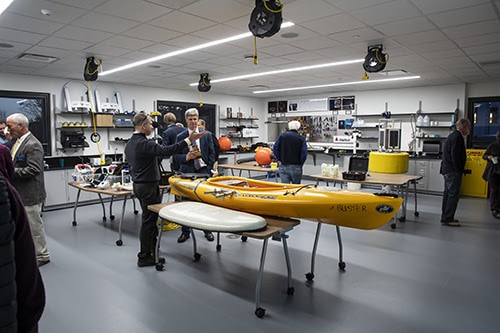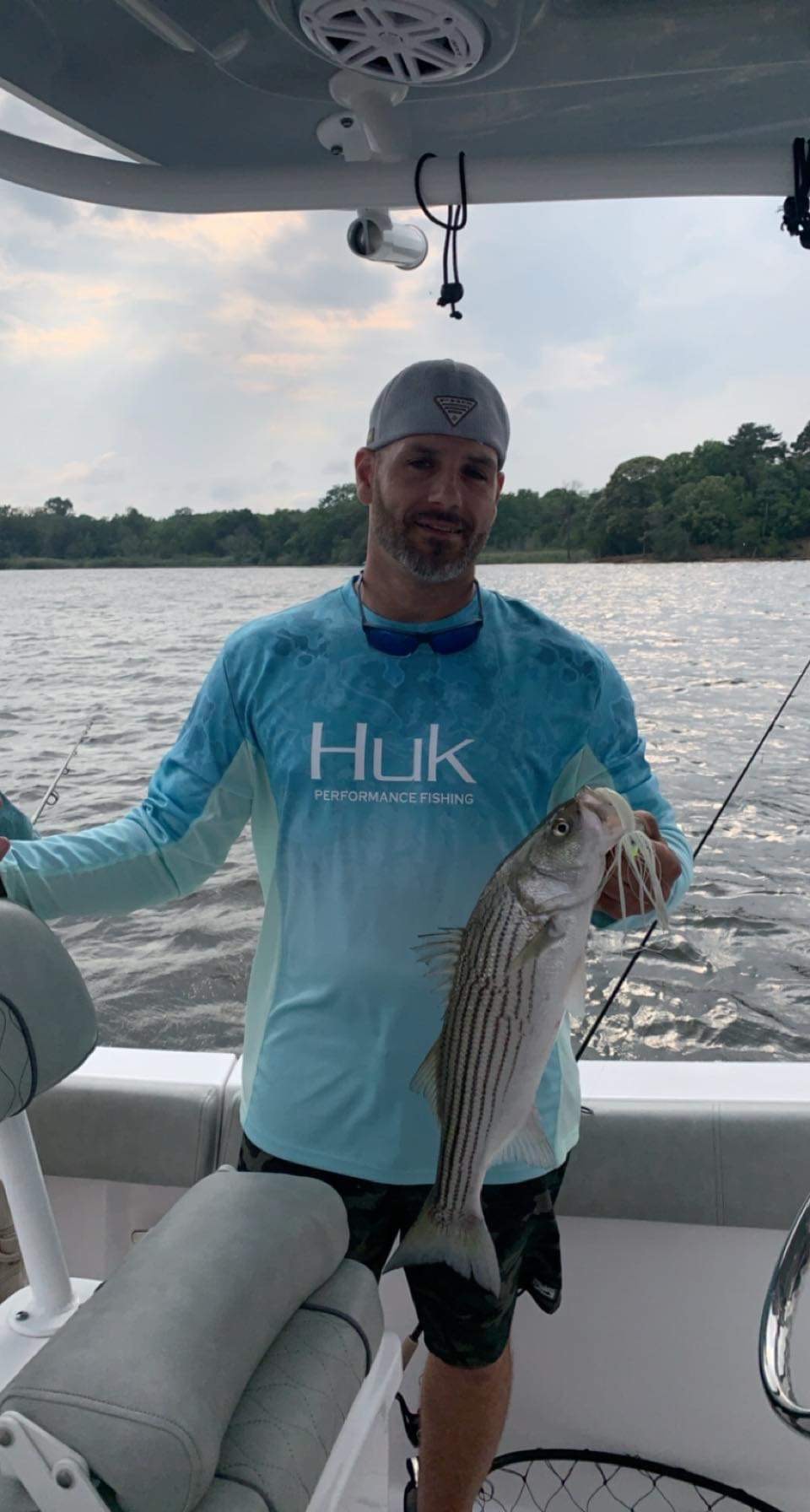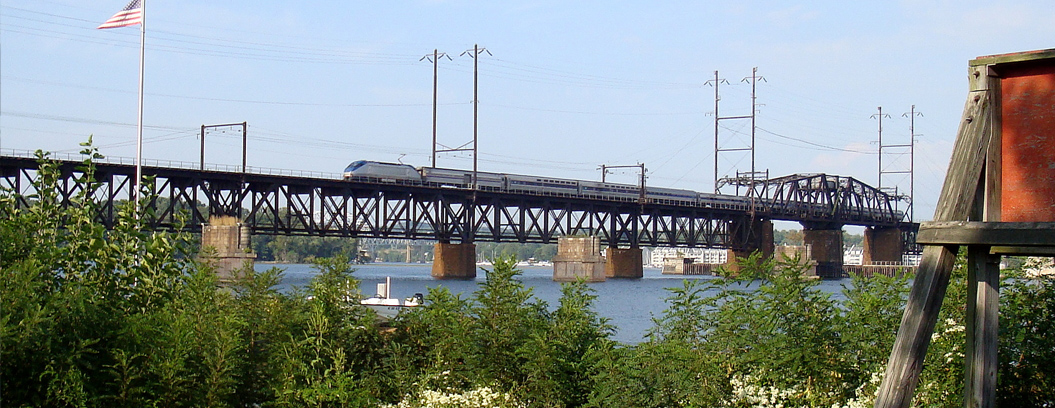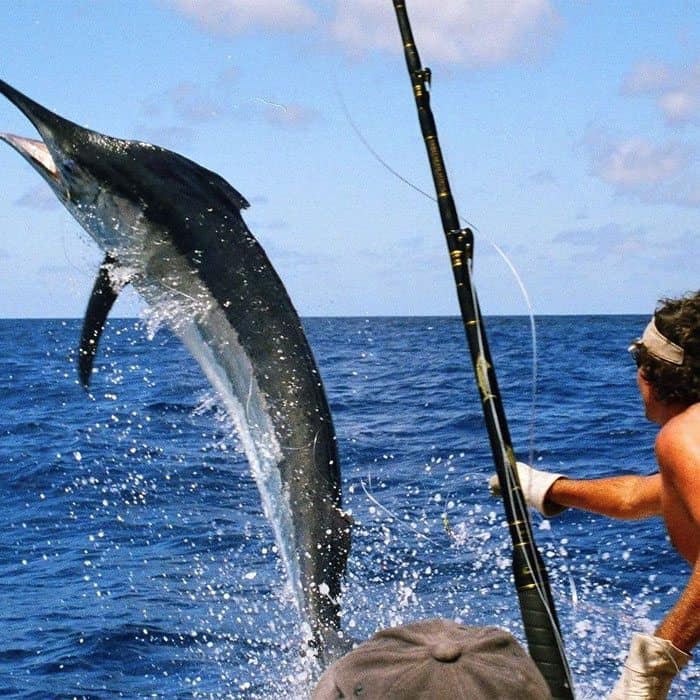Environmental students are often attracted to Chestertown’s Washington College for its proximity to the Chester River and the Chesapeake Bay. But the college’s new, $11.5 million environmental center brings the Chester literally into the classroom.
That’s because it features a marine lab with a river flow-through system, which carries ambient water right from the Chester River inside, so students can study river ecology and organisms in a controlled environment.
Semans-Griswold Environmental Hall, dedicated on Friday, is named for Truman T. Semans, a founder of the Chesapeake Bay Foundation (CBF), and Jack “Jay” Griswold, a former CBF board member and longtime Washington College board leader.
The building is the new home of Washington College’s Center for Environment & Society. Director John Seidel says the new building “is going to help us take advantage of place as never before. I do believe this is a game-changer.”
The environmental hall is paid for with $4 million in state funds, at a total cost of $11.5, with the rest raised in just six months.
“You’re filling a growing need in our sciences with your environmental science programs,” said Marylad State Comptroller Peter Franchot. “It’s fulfilling crucial research on the Chesapeake Bay. I couldn’t be prouder of this facility.”
In addition to the marine lab, the 11,500 square-foot facility also includes a Watershed Innovations Lab where students can monitor water quality, use side-scan sonar to explore the river floor, and build underwater robotic vehicles.
Washington College President Kurt Landgraf says that the waterfront site’s former uses– “a former brownfields site where a fertilizer plant and a fuel depot once stood”– make it a perfect place for the environmental center, which relies solely on renewable energy. Its 300 solar panels will allow it to generate enough energy not only to run the facility, but to create a surplus.
Washington College has been growing its local environmental opportunities in recent years, adding a Chester River Field Research Station, River and Field Campus, the research vessels Callinectes and Lookdown, and the popular Chesapeake Semester, a “study abroad” of sorts that takes students to all corners of the Bay.
-Meg Walburn Viviano




